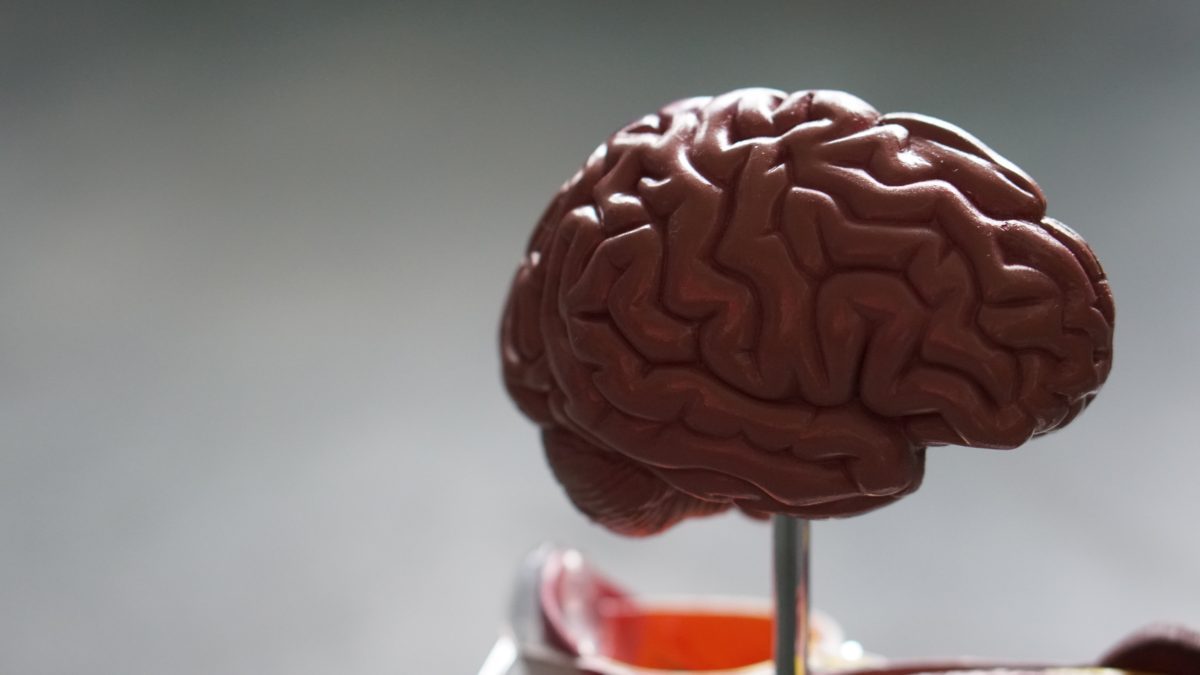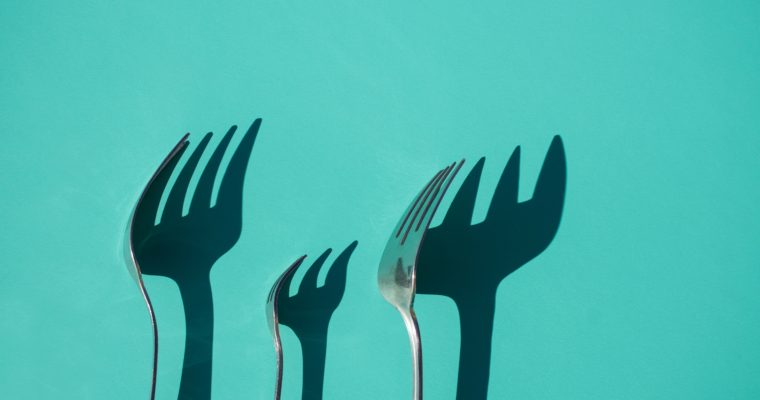The summer brings more than just heat. From sunburns to jellyfish stings, there is always something that could go wrong while having a good time out in the sun. But how do you usually deal with these incidents? Many of us follow the advice passed down by family, friends or word-of-mouth – never swim on a full stomach, urine gets rid of the stinging after getting stung by a jellyfish or even using butter on a sunburn. But how accurate is this advice we commonly use during the summer? The fact is, they’re mostly all myths.
Myth: Butter on a Sunburn
Margaret E. Parsons, MD, associate clinical professor for the University of California says, “Butter is just moisturizer with no specific burn-healing properties. Cool ice-milk compresses (crushed ice and milk on towels) are soothing. The coolness works as an anti-inflammatory and the milk won’t irritate the skin. A day or two after the burn cools down, keep the skin moisturized for healing.” In other words, save the butter for cooking. An alternative is to use petroleum jelly or aloe vera to soothe and heal the skin, while keeping it moisturized in the summer sun.
Myth: Poison Ivy is Contagious
Dr. Parsons explains, “You react to poison ivy, poison oak and sumac when the plant’s chemical urushiol gets on your skin. Once the chemical is washed off, you can’t spread the rash by scratching it or scratching others. Since the rash often develops two to three days after exposure, the chemical is always certainly washed off.” According the American Academy of Dermatology, this delayed reaction can give the illusion that the rash is spreading when it really is not. Dr. Parsons suggests immediately washing clothes and exposed skin after contact with poison ivy.
Myth: Salt Water Heals Wounds
The difference between salt water from the ocean and the saline that your doctor uses to flush out your cuts and scrapes, is that the saline is carefully produced with pure water and salt, like what is in your body, explains Sandra Fryhofer, MD, ex-president of the American College of Physicians and a clinical associate professor of medicine at Emory University School of Medicine. Saltwater, once in contact with the wound, can actually irritate it because saltwater contains infection-causing bacteria. Dr. Fryhofer recommends cleaning scrapes and cuts with clean water and mild soap before heading to the beach in the summer.
Myth: Tanning before Tanning Helps Prevent Sunburns
According to the AAD, the UV rays from the sun and tanning beds alter the skin cells’ DNA which can potentially cause skin cancer. Though, “There are some skin types that burn less once they have some tan, it’s a false sense of security because the damage from tanning is done whether you burn or not,” says Dr. Parsons. If you plan to tan (or will just be outside in the summer sun) always use sunscreen to protect your skin from harmful rays.
Myth: Too Much Air Conditioning Can Make You Sick
When researchers studied how cold temperatures affected nasal cavity mucous membranes in the 90s and speculated cold temperatures could lower the body’s resistance to infections, the myth that air conditioning could make you sick was born. Dr. Parsons explains, “A chill doesn’t cause a cold. You have to be exposed to a virus to get a cold. However, if the vents to your air conditioning unit aren’t clean, you can then be exposed to mold that can affect allergies.” Be sure to clean out your air conditioners vents and filters every few months.
Myth: Urine Helps Relieve a Jellyfish Sting
We’ve all heard the rumor that pouring urine on the sting is the best thing to do after a person is stung by a jellyfish. But, we’re here to tell you, it does not help relieve the pain or sting. Instead, Dr. Parsons suggests splashing seawater on the affected area or using a credit card to remove any part of the jellyfish that is still remaining on the body, like its tentacles. Using fresh water and rubbing a towel on the area will cause the tentacles left behind to release more venom. If on hand, Dr. Parsons explains that it is best to use vinegar to wash the area and baking soda to relive the stinging.
Myth: Don’t Swim on a Full Stomach
It makes sense that after eating, your body won’t be comfortable doing a strenuous activity like swimming. The common myth, Dr. Parsons says, is that right after you eat, your muscles don’t work as well because your blood is busy breaking down food. However, as far as being able to jump right in after a big meal, be our guest. You might feel comfortable but it is not because of your muscles.
Myth: Mosquitoes Target Those with “Sweet” Blood
Dr. Fryhofer explains, “There is some evidence that some people are more susceptible to mosquito bites but it’s not necessarily because their blood tastes better. People who have O-type blood seem to be more susceptible to mosquitoes because they just happen to emit an odor that mosquitoes like.” To make sure you are not their next meal, wear long pants, long sleeves and use bug repellent.
Myth: A Scrape Should be “Aired Out” To Form a Scab
This is just not true and, for doctors, this is the number one excuse for not covering up a wound. Dr. Parsons states, “Skin cells grow best in a thin layer of ointment, like petroleum jelly. Scabs make it harder for skin cells to grow. Plus, a scabbed wound is more likely to scar.” Always use an ointment and cover up your wounds!
Source: http://www.msn.com
What are some other myths that you have heard or commonly practice during the summer?






